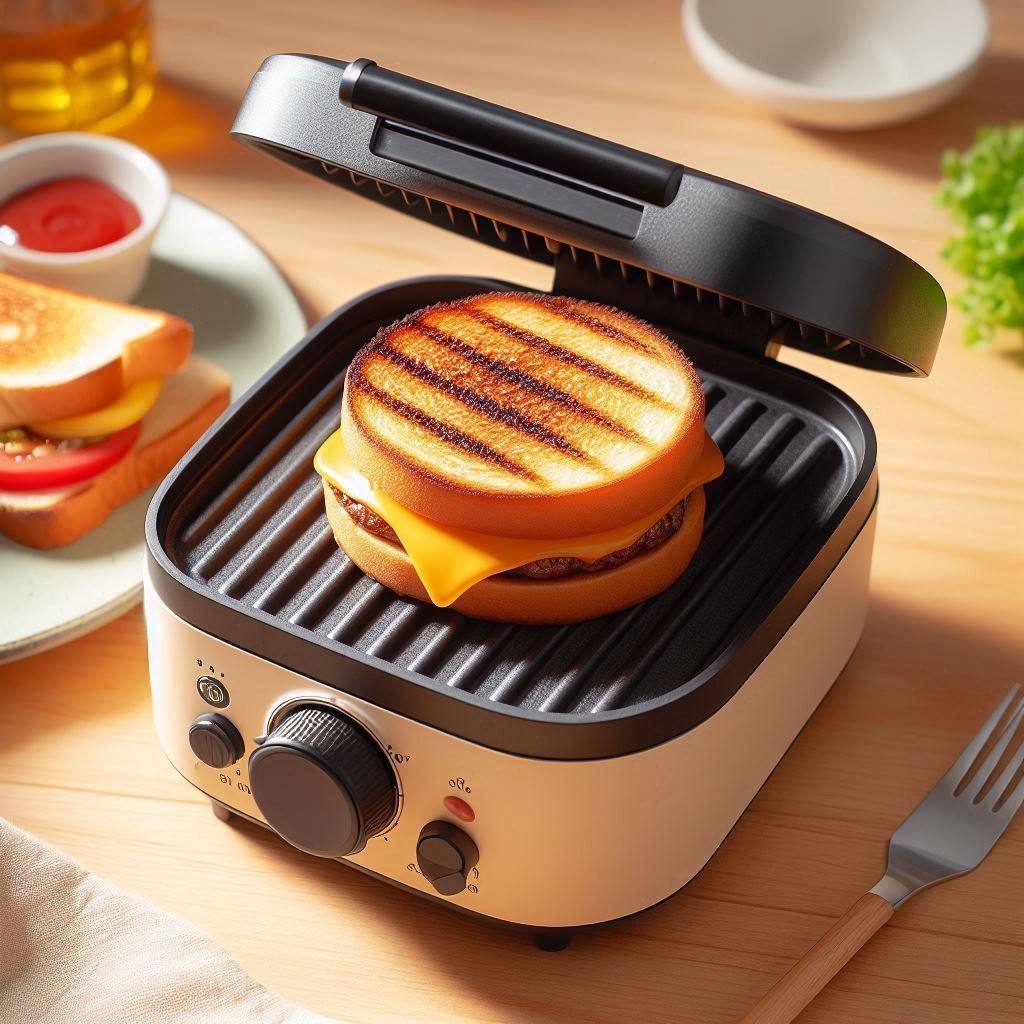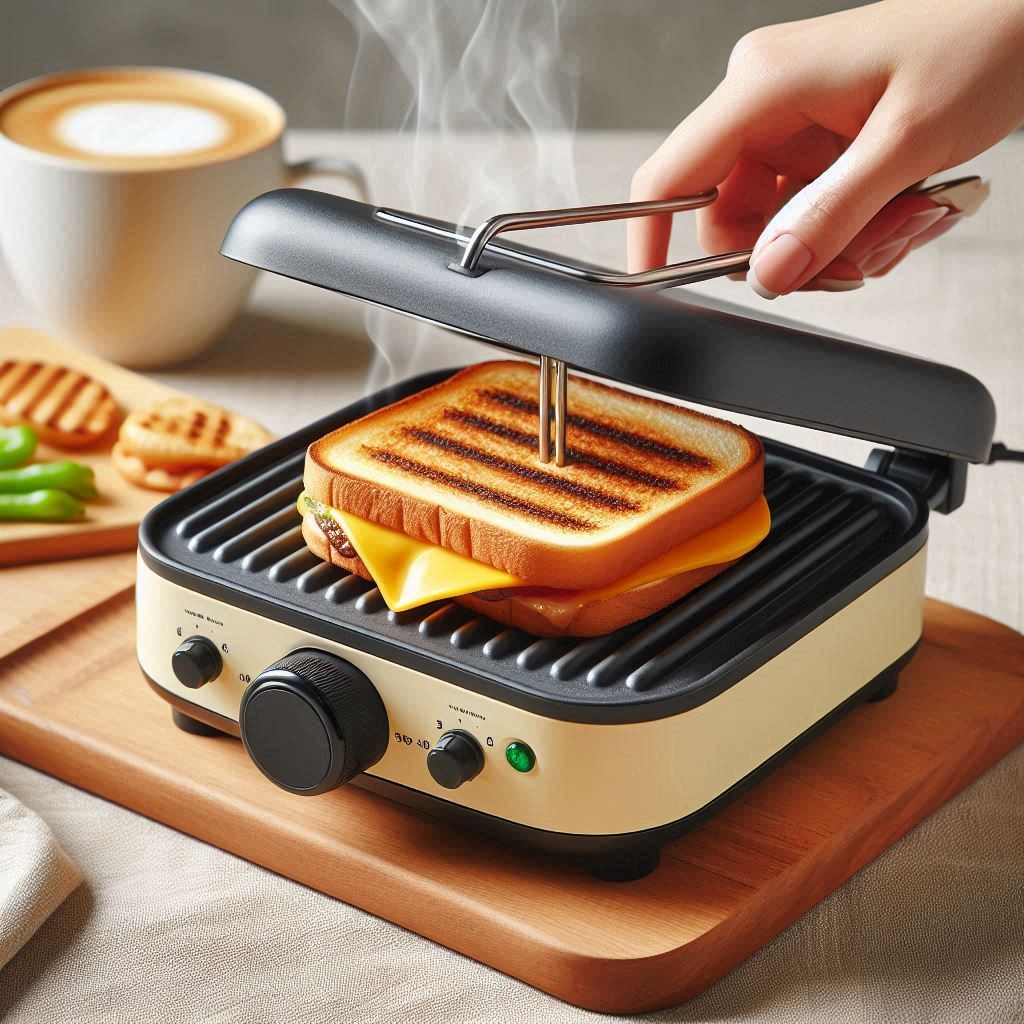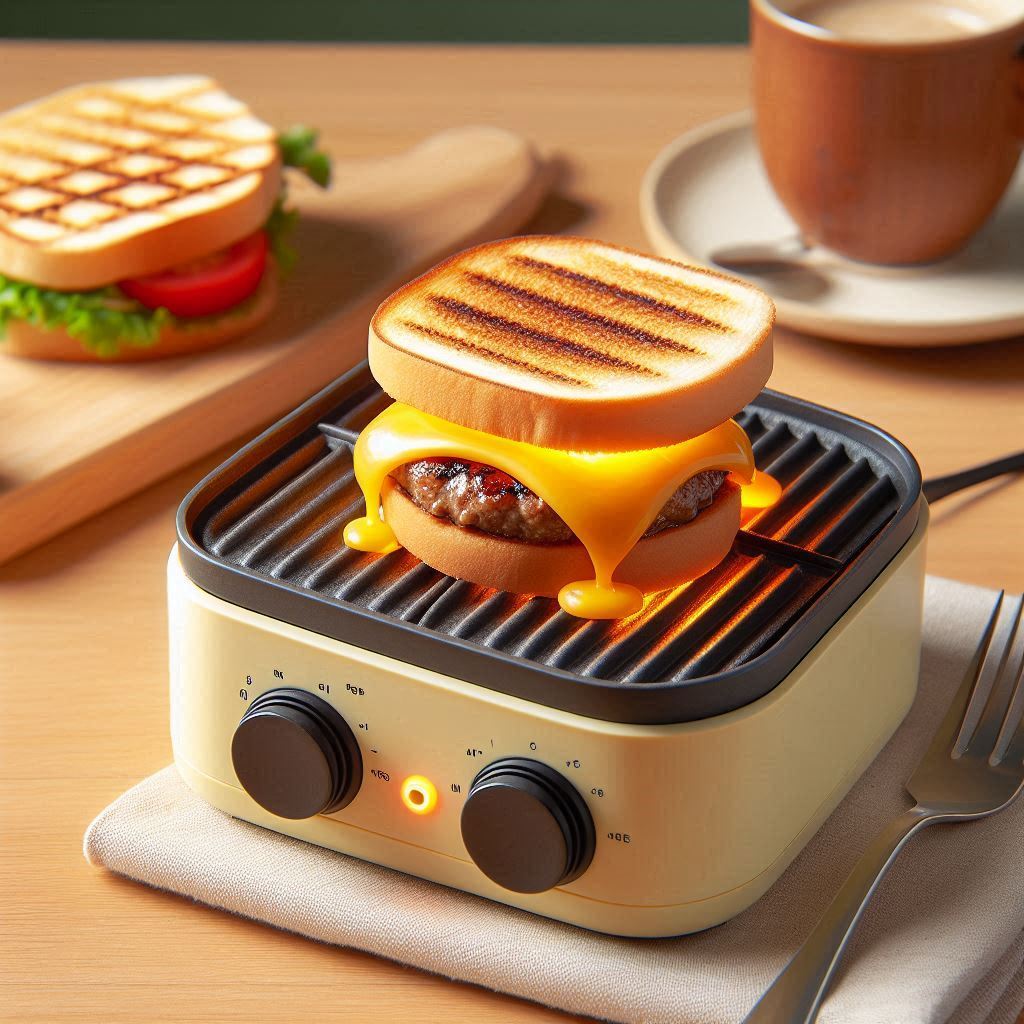The Role of MLCC in Electric Grills

What is an MLCC?
Multilayer Ceramic Capacitors (MLCC) are passive electronic components that store electrical energy temporarily. They consist of alternating layers of ceramic material and metal electrodes. Due to their small size, high capacitance, and stability, MLCCs are widely used in various electronic circuits, including those in electric grills. Their primary function is to filter and stabilize voltage, reduce electromagnetic interference (EMI), and enhance the overall performance of electronic devices.

Importance of MLCC in Electric Grills
1. Voltage Regulation
Electric grills operate by converting electrical energy into heat. Consistent voltage is crucial for maintaining the desired temperature and ensuring even cooking. MLCCs play a key role in regulating voltage within the grill’s circuitry. They help smooth out any fluctuations in the power supply, ensuring that the heating elements receive a stable voltage. This stability translates into more reliable temperature control and better cooking results.
2. Filtering and Noise Reduction
Electric grills are often used in environments with multiple electronic devices, which can introduce electrical noise and interference. MLCCs help filter out this noise, ensuring that the grill’s electronic components function correctly. By reducing electromagnetic interference (EMI), MLCCs enhance the overall performance of the grill, preventing malfunctions and improving user safety.
3. Energy Efficiency
Energy efficiency is a critical consideration in modern appliances. MLCCs contribute to the energy efficiency of electric grills by minimizing power losses. They store and release energy as needed, which helps reduce the amount of power wasted as heat. This efficiency not only lowers electricity consumption but also reduces the operational costs for the user.
4. Enhancing Longevity
MLCCs are known for their durability and long lifespan. Incorporating MLCCs into the design of electric grills helps enhance the longevity of the appliance. By providing stable voltage regulation and filtering out harmful electrical noise, MLCCs reduce the wear and tear on other components. This leads to fewer breakdowns and extends the overall life of the grill.
Technical Aspects of MLCC in Electric Grills
Capacitance Value
The capacitance value of an MLCC is a measure of its ability to store electrical charge. In electric grills, MLCCs with varying capacitance values are used to address different needs within the circuitry. High-capacitance MLCCs are often employed in power supply smoothing, while lower-capacitance MLCCs are used in signal filtering applications.
Size and Form Factor
MLCCs come in various sizes and form factors. The compact size of MLCCs makes them ideal for use in electric grills, where space is often limited. Surface-mount MLCCs, in particular, are popular due to their small footprint and ease of integration into printed circuit boards (PCBs).
Temperature Stability
Electric grills operate at high temperatures, making temperature stability a crucial characteristic for MLCCs used in these devices. MLCCs with high-temperature ratings ensure reliable performance even in the hot environment of an electric grill. This stability is essential for maintaining consistent operation and preventing failures due to thermal stress.
Dielectric Material
The dielectric material used in MLCCs affects their performance and reliability. In electric grills, MLCCs typically use ceramic dielectrics with excellent thermal and electrical properties. These materials provide high capacitance per unit volume and stable performance over a wide temperature range.

Case Studies and Examples
Case Study 1: Improving Temperature Control
In one case study, a leading electric grill manufacturer incorporated high-capacitance MLCCs into their temperature control circuitry. The result was a significant improvement in temperature stability and cooking performance. Users reported more evenly cooked food and fewer instances of temperature fluctuations, demonstrating the critical role of MLCCs in enhancing user satisfaction.
Case Study 2: Reducing Electrical Noise
Another case study involved an electric grill designed for use in busy kitchen environments with multiple electronic appliances. By integrating MLCCs with excellent EMI filtering capabilities, the manufacturer was able to reduce electrical noise and interference. This led to more reliable operation and a reduction in unexpected shutdowns or malfunctions, highlighting the importance of MLCCs in ensuring appliance reliability.
Future Trends and Developments
The role of MLCC in electric grills is likely to evolve with advancements in technology. Future trends may include the development of MLCCs with even higher capacitance values and improved temperature stability. Additionally, the integration of smart technologies and IoT connectivity in electric grills will drive the demand for more sophisticated MLCCs capable of supporting advanced features.
Smart Electric Grills
As electric grills become smarter and more connected, the role of MLCCs will expand to support advanced functionalities. MLCCs will be crucial in ensuring stable power delivery and noise-free operation for IoT-enabled features such as remote monitoring, automatic temperature adjustments, and integration with smart home systems.
Environmental Considerations
With increasing emphasis on sustainability, future MLCC developments may focus on eco-friendly materials and manufacturing processes. The demand for environmentally responsible products will drive innovation in MLCC design, making them more energy-efficient and reducing their environmental impact.
Conclusion
MLCCs play an indispensable role in the performance, reliability, and efficiency of electric grills. Their ability to regulate voltage, filter noise, and enhance energy efficiency makes them a critical component in modern electric grill designs. As technology continues to advance, the importance of MLCCs in these appliances will only grow, supporting new features and ensuring a better user experience. By understanding the role of MLCCs, manufacturers can design more robust and efficient electric grills that meet the evolving needs of consumers.
